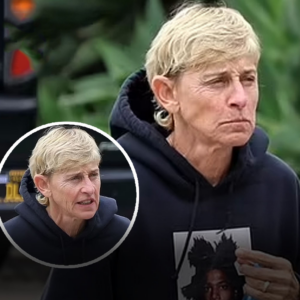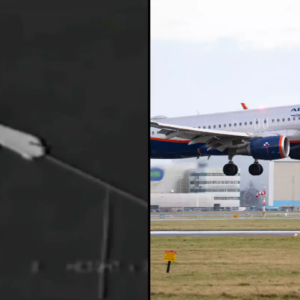The Second World War brought many changes to the lives of children in Britain.
For some, the war was a time of fear and confusion that meant separation from families, the destruction of a home or even the loss of a parent. However, for others, these years were the most exciting and happiest time of their lives.
Evacuation was the biggest cause of disruption to children’s lives. The government’s voluntary evacuation scheme saw millions of children in Britain sent to places of safety for fear of German bombing.
Many families made their own arrangements to evacuate their children to friends and family in the country or overseas. The short-lived Children’s Overseas Reception Board also organised the evacuation of children to Canada, Australia, New Zealand and South Africa.

Photographs
Open-air sewing class © IWM (D 989)
Girls from St George’s Church of England School in Battersea, London, take part in an open-air sewing class whilst evacuees in Pembrokeshire, Wales, in 1940.
During the war, many school buildings were either damaged or requisitioned for war use, causing a shortage of suitable places to conduct school lessons. Lessons were held in unusual places such as chapels, pubs and church crypts. During the warmer months lessons could even be held outdoors.
Children’s education suffered during the war. One in five of the country’s schools were damaged by bombing and many others were requisitioned by the government.

A French boy, who wears a Scottish glengarry, saluting Canadian soldiers, Boissons, France, 19 June 1944.
Children were crammed into large classes and stationery and books were often in short supply. Young male teachers were called up to the forces and older teachers brought out of retirement to replace them.
After the war a significant number of children failed to reach the required levels of literacy and numeracy.
Children of all ages could get involved in the war effort. Older boys and girls joined the Boy Scouts and Girl Guides. They supported Air Raid Precautions by acting as messengers or fire-watchers. Younger children helped salvage war materials, raised money for munitions or knitted comforts for troops.
News
The “Red Zone” – Land Still Abandoned Due to the Dangers Left by the First World War
The “Red Zone” – Land Still Abandoned Due to the Dangers Left by the First World War In the aftermath of the First World War, large areas of northeast France were left in ruin. Years of constant siege warfare along…
Before Becoming a Big-Name Actor, Richard Todd was a Paratrooper Who Fought at Pegasus Bridge
Before Becoming a Big-Name Actor, Richard Todd was a Paratrooper Who Fought at Pegasus Bridge Photo Credit: 1. Sgt. Christie, No. 5 Army Film & Photographic Unit / Imperial War Museums / Wikimedia Commons / Public Domain 2. Silver Screen…
The Potsdam Giants: A Prussian Infantry Regiment Of Nothing But Very Tall Soldiers
The Potsdam Giants: A Prussian Infantry Regiment Of Nothing But Very Tall Soldiers Frederick William I inspecting his giant guards known as The Potsdam Giants, a Prussian infantry regiment No 6, composed of taller-than-average soldiers. Frederick William I of Prussia,…
Ellen DeGeneres cuts a very casual figure as she drives around in her Ferrari
Ellen DeGeneres cuts a very casual figure as she drives around Montecito in her Ferrari… while preparing to embark on her stand-up tour Ellen DeGeneres cut a very casual figure as she made her way around Montecito on Tuesday morning. The…
“I’m heavily tattooed and keep getting rejected for jobs – it’s not fair”
Heavily tattooed OnlyFans star, 23, with multiple piercings on her FACE slams TJ Maxx for rejecting her for a job – accusing retailer of unfairly judging her dramatic look A woman has accused TJ Maxx of rejecting her for a…
All 75 passengers killed in plane crash after pilot let his chirldren control the plane
Praying, turning the engine off by accident and letting KIDS play with the controls: The worst blunders made by pilots before a crash revealed Every time we board a plane, we put our lives in the hands of the pilot….
End of content
No more pages to load











